India
Handbook of fisheries and aquaculture - New book released by Indian Council of Agricultural Research (ICAR)
Posted on 21 Mar, 2011 05:55 PMAllocation, release and utilization of funds for safe drinking water in rural and tribal areas under NRDWP for the last three years - PIB release
Posted on 21 Mar, 2011 12:46 PMFunds are released to the States under National Rural Drinking Water Programme (NRDWP) by the Government of India for providing drinking water supply in rural areas covering the rural and tribal areas of the State.
About 30% of rural household’s access piped drinking water from taps. However, full coverage of rural habitations is about 75%.
Vicious cycle of fluoride in semi-arid India – A health concern – A paper in Current Science
Posted on 20 Mar, 2011 09:10 PMMore than 16 states in India are facing the fluorosis problem. Several southern-peninsular states are experiencing monsoon climate condition, where the rainwater is harvested through tanks and used for agriculture.
Pest and disease management in organic, natural, sustainable agriculture - Presentations from the South Asia Conference on "Outstanding Organic Agriculture Techniques", Bangalore organised by OFAI (2009)
Posted on 20 Mar, 2011 06:17 PM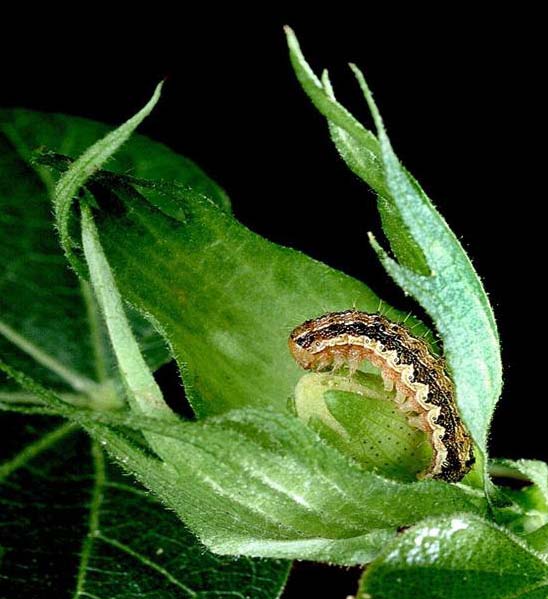 This set of presentations from the conference on Outstanding Organic Agriculture Techniques held during September 2009 at Bangalore deals with pest and disease management practices in organic farming, which rely primarily on preventive and integrated methods.
This set of presentations from the conference on Outstanding Organic Agriculture Techniques held during September 2009 at Bangalore deals with pest and disease management practices in organic farming, which rely primarily on preventive and integrated methods.
Crop production and plan protection in organic farming
This paper by S R Sundararaman presents organic farming as the only recourse for farmers, to save both livelihood and the health of the soil. Organic farming methods enable farmers save money and turn their farmyard waste into value-added products for increasing crop production. Farmers will not have to be dependent on agri-business companies for seeds, fertilizers and pesticides. Our self-reliance is thus preserved. A large portion of our country's foreign exchange is used to pay for the import of petroleum products. By going organic we will also help our country save on valuable foreign exchange. Our land will keep giving us returns for extended periods of time unlike farming as per the green revolution, where the land stays productive for a short time and then becomes sterile.
The uppermost question in the minds of farmers who have recently converted to organic farming or who want to turn organic is how to ensure that crop production does not reduce and how to protect the plants from disease, without the chemical fertilizers and pesticides that their fields have grown used to. This paper provides the answers and it also seeks to reassure all farmers that there is no farm which cannot turn around and produce quality crops in sufficient quantity, using organic farming methods.
Sowing seeds of consciousness - Presentations from the South Asia Conference on "Outstanding Organic Agriculture Techniques", Bangalore organised by OFAI (2009)
Posted on 20 Mar, 2011 06:14 PM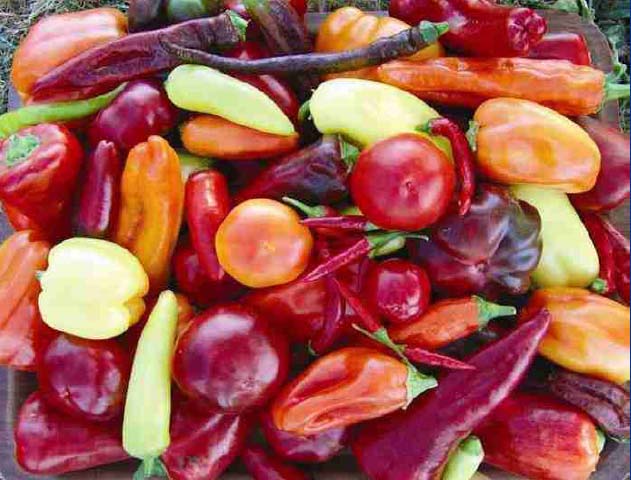 This set of presentations from the conference on Outstanding Organic Agriculture Techniques held during September 2009 at Bangalore deals with the conservation of seeds particularly for small subsistence farmers who are not very well linked with local markets and for whom seed production is still an integral part of farming activity seamlessly merged with the growing of crops and the totality of work and life on a farm.
This set of presentations from the conference on Outstanding Organic Agriculture Techniques held during September 2009 at Bangalore deals with the conservation of seeds particularly for small subsistence farmers who are not very well linked with local markets and for whom seed production is still an integral part of farming activity seamlessly merged with the growing of crops and the totality of work and life on a farm.
Promoting plant health and a living soil in organic, natural, sustainable agriculture - Presentations from the South Asia Conference on "Outstanding Organic Agriculture Techniques", Bangalore organised by OFAI (2009)
Posted on 20 Mar, 2011 05:57 PM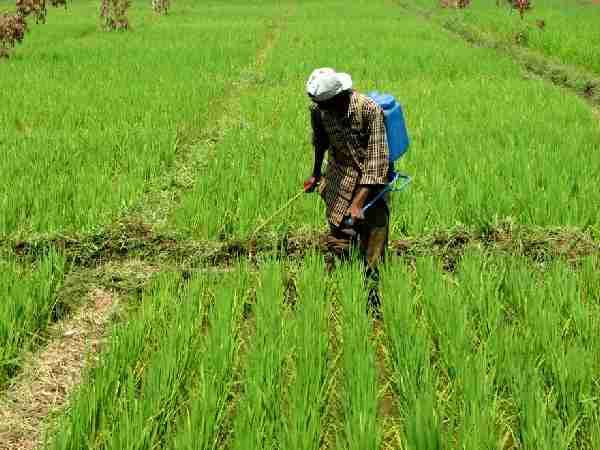 This set of presentations from the conference on Outstanding Organic Agriculture Techniques held during September 2009 at Bangalore deals with methods for promoting plant health through organic farming.
This set of presentations from the conference on Outstanding Organic Agriculture Techniques held during September 2009 at Bangalore deals with methods for promoting plant health through organic farming.
Healthy fields: Managing plant health
This presentation by S R Sundaraman of Tamil Nadu Farmers Technology Association, Erode on managing plant health begins with an account of the techniques that can be employed in TNRH 29 rice through organic SRI methods. The following are recommended in harvesting stage – (a) four irrigations with fruit gaudi (b) two applications of MEM (c) application of four sprays and (d) four applications of parasites. The growth promoters used are Archea solution, Concentrated Amudham Sol, Panchakavya, Butter Milk Sol, Fish/Egg Extract, Leaf Extract Solution-pest control and TFPE-MN Supplements. Apart from rice, the other crops dealt with are maize, kadali banana, turmeric, sugarcane and vegetables.
Introduction to organic, natural, sustainable agriculture - Presentations from the South Asia Conference on "Outstanding Organic Agriculture Techniques", Bangalore organised by OFAI (2009)
Posted on 20 Mar, 2011 05:44 PM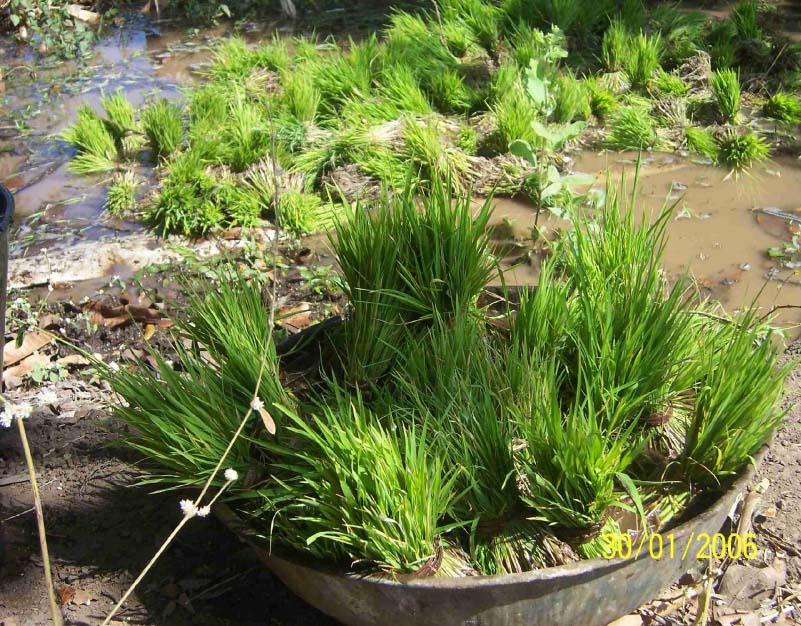 This set of presentations from the conference on Outstanding Organic Agriculture Techniques held during September 2009 at Bangalore provides an introduction to organic farming, and bringing together various issues related to organic farming.
This set of presentations from the conference on Outstanding Organic Agriculture Techniques held during September 2009 at Bangalore provides an introduction to organic farming, and bringing together various issues related to organic farming.
Organic farming can feed the world
This presentation by Claude Alvares, deals with the work of India’s organic farming community and the Organic Farming Association of India (OFAI). It states that the best organic farmers look to the forest for their learning. It details out how one raises plants (or trees) without – (a) NPK (b) Dams and canal irrigation (c) Tractors (d) Pesticides, weedicides, fungicides, homicides (e) Bank credit or bank extension officers (f) Agricultural scientists or universities (g) Negative environmental effects like climate change and (h) Water pollution.
Water jobs via DevNetJobsIndia.org dated 17th March, 2011
Posted on 18 Mar, 2011 04:51 PMContent Courtesy: DevNetJobsIndia
- Agri Researcher
Watershed Organisation Trust (WOTR)
Location: Pune
Last Date: 31st March, 2011
Plan to make major rivers pollution-free under the NRCP - PIB release
Posted on 18 Mar, 2011 02:49 PMIt covers identified polluted stretches of 39 rivers in 182 towns spread over 20 States. The major rivers covered under the Plan include Ganga, Yamuna, Gomti, Damodar, Satluj, Krishna, Musi, Cauveri and Godavari besides others. Pollution abatement schemes are taken up under the Plan on a cost sharing basis between Centre and States.
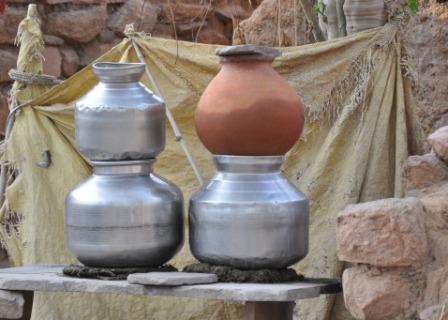 Rural household saving water at home
Rural household saving water at home